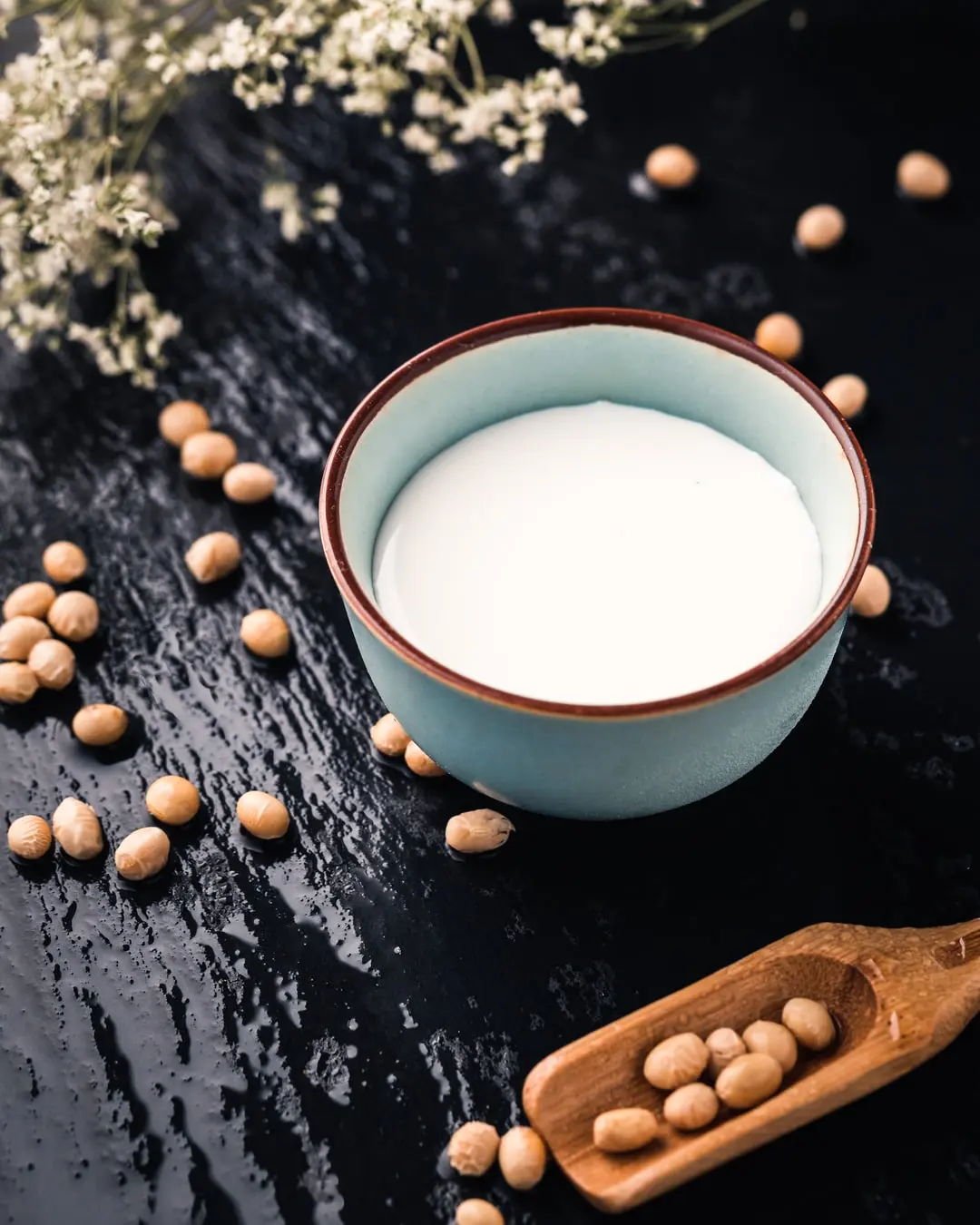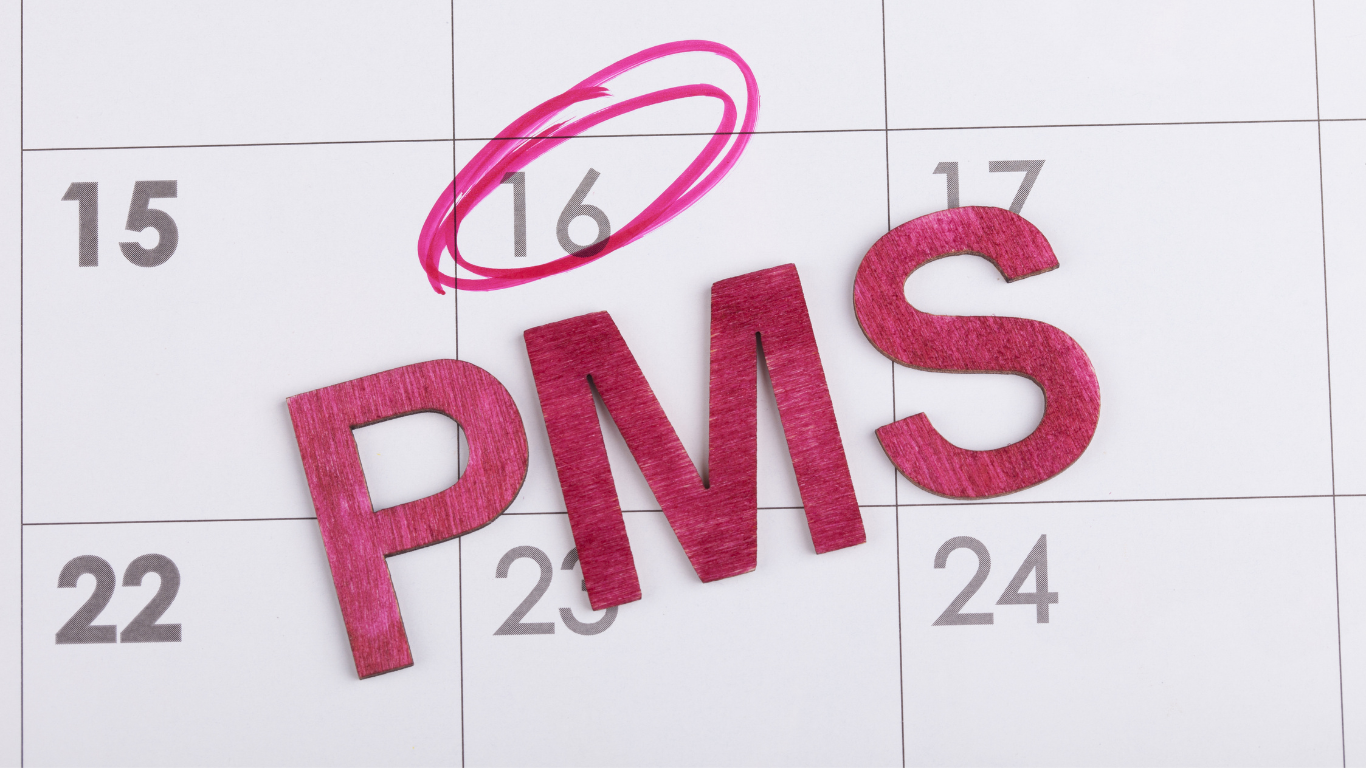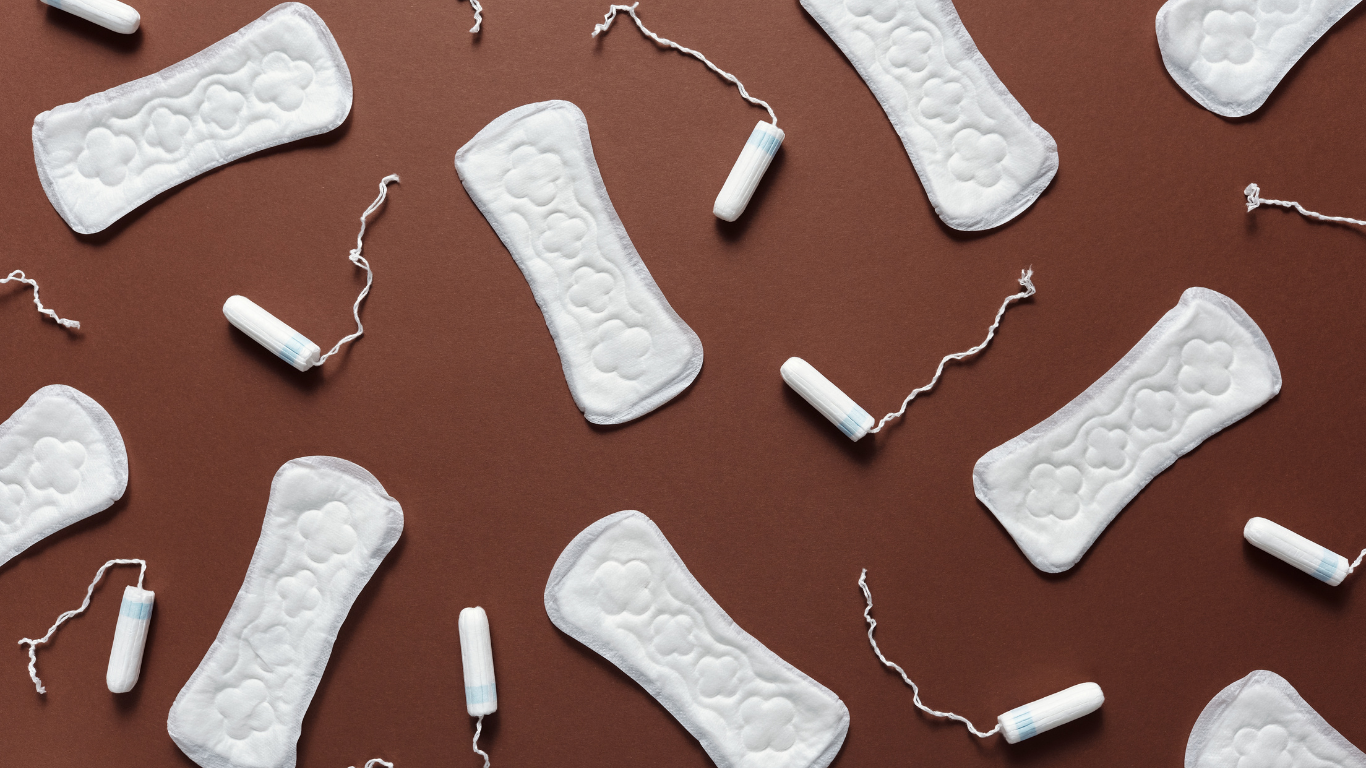
Soy foods have been a pillar of Asian diets for centuries. More recently, they have become the most commonly eaten meat alternative worldwide. Their popularity stems from promising nutritional profiles and the associated health benefits. These include, reductions in breast cancer risk, menopausal symptoms and metabolic syndrome (1). But with popularity comes questions such as ‘is soy safe for fertility?’
Some research has been alluding to the hormone -disrupting properties of the phytoestrogens contained in soy called isoflavones. Some people suggest that this may negatively impact fertility. This has sparked a hot debate on whether soy products are actually safe for consumption generally and for fertility.
Here we explore the latest scientific evidence and try to answer the question; ‘is soy safe when trying to conceive?’
Can soy affect fertility?
Soy products contain a high amount of a type of phytoestrogens called isoflavones. Because they have a similar chemical structure to oestrogen, phytoestrogens can bind to oestrogen receptors. Oestrogen receptors are expressed in a wide variety of tissues in our body, including our reproductive tissues (2).
As a result, soy isoflavones have the potential to interfere with hormonal pathways. There are some animal studies that suggest isoflavones disrupt hormone levels which has lead to further questions.
However, soy isoflavones have weaker effects on oestrogen receptors compared to the hormone oestrogen meaning they do not necessarily have the same effects. The effects of isoflavones in the body also majorly depends on a number of factors. This includes; the amount of oestrogen we have within our body, the total intake of isoflavones through diet and also the processing techniques that different types of soy foods undergo. Meaning that consuming them in the diet doesn’t necessarily mean they will have a negative or for that matter a positive effect.
It is also important to appreciate that applying evidence from animal studies to what happens in humans is never straightforward. We cannot take the results from animal studies and translate it directly to humans as they are not the same. Let’s have a look at the evidence we have from human studies on the effects of soy on hormones and fertility.
Soy and female fertility
Firstly lets look at the research that evaluates the effect of soy on female fertility. There has been quite a bit of research, not all of it is in agreement but we will lay out the basics.
A study on nearly 8000 women trying to conceive, found that soy isoflavone intake was not related to the probability of conception (3). Another study on women undergoing IVF suggested that soy was beneficial for the probability of live birth (4). In contrast however, other research has shown negative effects of a higher soy intake (40 mg+/day). At the higher intakes there was a 3% reduced chance of having a live birth (5).
To understand the relationship between soy and female fertility a recent review (6) has compiled all the research to date. The found that;
- There was a positive influence of soy on women with fertility issues undergoing assisted reproductive technologies
- Overall soy and soy components (isoflavones) do not disturb healthy woman’s fertility
- Soy can have favourable effects on women seeking pregnancy.
This evidence so far suggests that soy intake doesn’t have a detrimental effect on fertility. However we may need to be careful of higher intakes.
Soy and male fertility
When it comes to male fertility, concerns have been raised that soy consumption might feminise men. An extensive review of clinical studies however has found no effects of soy intake on male reproductive hormones (7). Moreover, another study on couples undergoing IVF found that the male partners’ intake of soy foods did not effect fertilization rates, implantation and live births (8).
There is however a small amount of research to suggest that a higher consumption could be associated with lower sperm concentrations (9). For more information on supporting sperm parameters check out our blog foods to increase male fertility.
This therefore suggests that for men consuming a moderate amount of is not detrimental to hormones or fertility. However, men should avoid high intakes of soy. If there is a diagnosis of low sperm concentration it may be safer for these men to avoid soy intake altogether.
What do I do?
We definitely need more research on this topic to come to firm conclusions. You can however eat 1-2 portions of soy per day safely while trying to conceive. There is actually some research to suggest that consuming soy has beneficial effects when considering fertility treatment.
If you have concerns, we recommend seeing a dietitian or registered nutritionist who will be able to advise you on the best dietary strategies to optimise your overall nutrition for fertility. Our Fertility Nutrition Clinic can support you with this!
Last reviewed: July 2025



